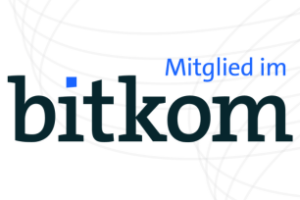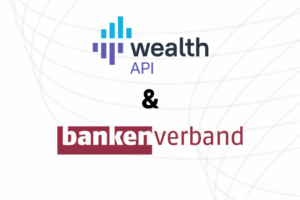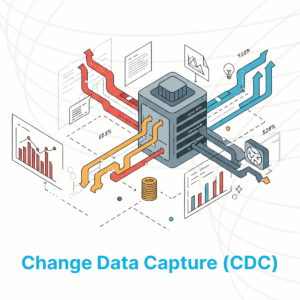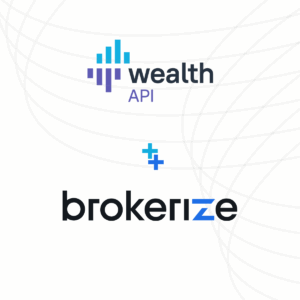
wealthAPI Appoints Nicola Breyer as Open Finance Expert to Advisory Board
Berlin, February 10th, 2026 – wealthAPI, the leading provider of data and API solutions for the wealth management and fi… Continue Reading wealthAPI Appoints Nicola...
Ulrike Czekay ist eine erfahrene Kommunikations- und Marketingexpertin mit über 15 Jahren Erfahrung, spezialisiert auf Start-ups und Fintechs. Sie hat erfolgreiche Rebranding- und Expansionsstrategien vorangetrieben, wie zum Beispiel das Rebranding von Barzahlen zu viafintech/viacash und dessen Integration mit Paysafe. Aktuell leitet sie bei wealthAPI als Chief of Staff strategische Projekte zur operativen Exzellenz und verantwortet in dieser Position ebenso Kommunikation sowie Marketing. Ulrike Czekay engagiert sich zudem aktiv in der Fintech Ladies Community.

Berlin, February 10th, 2026 – wealthAPI, the leading provider of data and API solutions for the wealth management and fi… Continue Reading wealthAPI Appoints Nicola...

IT security is an important part of our daily work, and ISO/IEC 27001 certification underscores our commitment to ensuring the… Continue Reading wealthAPI is now...

wealthAPI has officially become a new member of Bitkom, the Federal Association for Information Technology, Telecommunications, and New Media, which… Continue Reading wealthAPI Joins Bitkom...

The Association of German Banks (Bundesverband deutscher Banken e.V. – BdB) is the leading association for shaping the transformation of… Continue Reading wealthAPI becomes an...

On November 18th, Bitkom (Germany’s digital association) and Payment & Banking (a leading media platform for the payment and banking… Continue Reading wealthAPI at the...

Since the publication of the European Commission’s 2026 work program at the latest, FiDA has once again been at the… Continue Reading FiDA as an...

Berlin, 18.08.2025 – wealthAPI GmbH, a leading German provider of wealth management interfaces, is appointing Susanne Krehl as Chief Growth… Continue Reading Susanne Krehl joins...

Our partnership with fincite is revolutionizing the wealth management industry through the seamless integration of real-time asset intelligence into a… Continue Reading Complete Portfolio Transparency...

In an increasingly digitized financial sector, precise and up-to-date data is not just desirable, but the key to competitiveness. Banks,… Continue Reading Change Data Capture:...

wealthAPI announces its strategic partnership with brokerize, a leading provider of multi-brokerage API solutions. This collaboration signifies a key alliance… Continue Reading wealthAPI and brokerize...